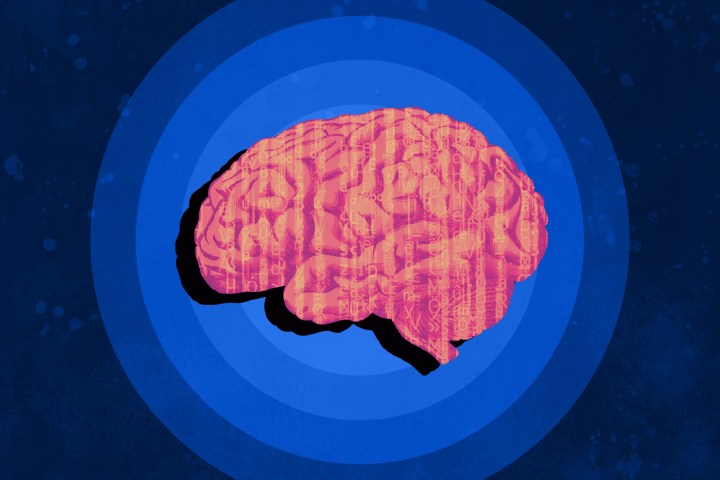
Imagine you’re nearing the end of your life. Your situation is dire, but you’re not ready to let go. Modern medicine can’t help you, so scientists digitize your brain and transfer your consciousness onto a computer so that you can continue on in the digital realm. Perhaps, as seen in the Black Mirror episode “San Junipero,” you’re transported to a digital city where you can mingle with other digital versions of people and live out your life as if nothing ever changed.
It sounds like science fiction, and as things currently stand, it is. Despite recent advances in both neuroscience and computing, we’re nowhere near being able to digitize a human brain — but many futurists are hoping we’ll get there within the next few decades. There’s even a nonprofit organization called the 2045 Initiative that’s dedicated to making it happen by (you guessed it) 2045.
Is such a thing even possible, though? To get an answer, we spoke with Susan Schneider, associate professor of philosophy and cognitive science and director of the A.I., Mind and Society (AIMS) Group at the University of Connecticut. She tells Digital Trends that people who believe we could one day literally transfer our minds to a computer may be misunderstanding the human mind.
“We’re still learning about the brain. We’ve learned a lot in the past two decades, but we still have a lot to learn.”
“When these transhumanists talk about uploading to survive death, they’re probably wrong,” Schneider says. “Even if the technology was perfect—I have a lot of qualms with the idea that it’s even something we can develop. I don’t think you would really survive. It would be like a computational duplicate of you. It wouldn’t really be you.”
Schneider says that there may be uses for creating a digital duplicate of yourself, and acknowledges that many people might want to do so before they leave this planet, but she’s skeptical that we could actually put anyone’s mind inside a computer. In fact, she’s not even sure if the digital duplicate would be truly possible.
“We’re still learning about the brain. We’ve learned a lot in the past two decades, but we still have a lot to learn. It’s not even clear, to be honest, if we will ever be able to measure all of the salient properties of the brain,” Schneider says. “If thinking depends upon quantum mechanical properties of the brain in some deep way, then it’s not clear that we could ever create a computational duplicate of you — even setting aside the issue of whether it’d really be you.”

Schneider contends that the mind isn’t just a program that scientists or engineers can deconstruct and put back together in the digital space. She says it’s much more complicated than that, and therefore creating a perfect duplicate isn’t something we’re going to be capable of anytime soon.
To be fair, scientists have made some progress toward brain digitization, but the work that remains is staggering. In 2017, neuroscientists were able to map a worm’s 302 neurons and then simulate a worm brain to operate a Lego robot. It was an impressive feat, but it’s also hardly comparable to mapping a human brain and re-creating it digitally. The human brain has nearly 90 billion neurons. If you’re bad at math, that’s roughly 30 million times as big as the aforementioned worm brain.
Though Schneider isn’t currently convinced we’ll ever be able to transfer our minds onto a computer or duplicate our minds on a computer, she does admit it would be great if everyone could live as long as they choose to.
“Some people who believe that we should maybe not want to be immortal will say, ‘What would we do? We would grow bored. The mortality that we have is what makes life interesting—the fact that it’s short. Literally any minute, something could happen.’ I have to tell you I don’t appreciate that point,” Schneider says.
All things considered, it seems that the jury is out on whether we’ll ever be able to transfer or duplicate our minds with computers. What is clear, though, is that if we’re ever going to get to that point, it likely won’t be in our lifetimes. For now, digital immortality remains out of reach.



